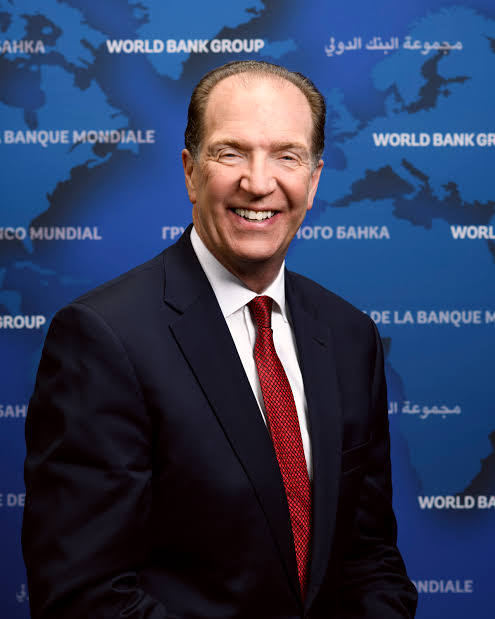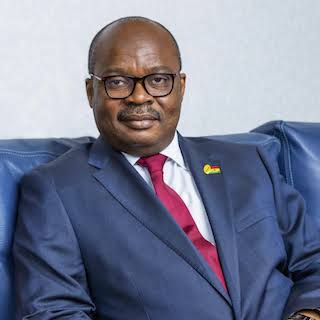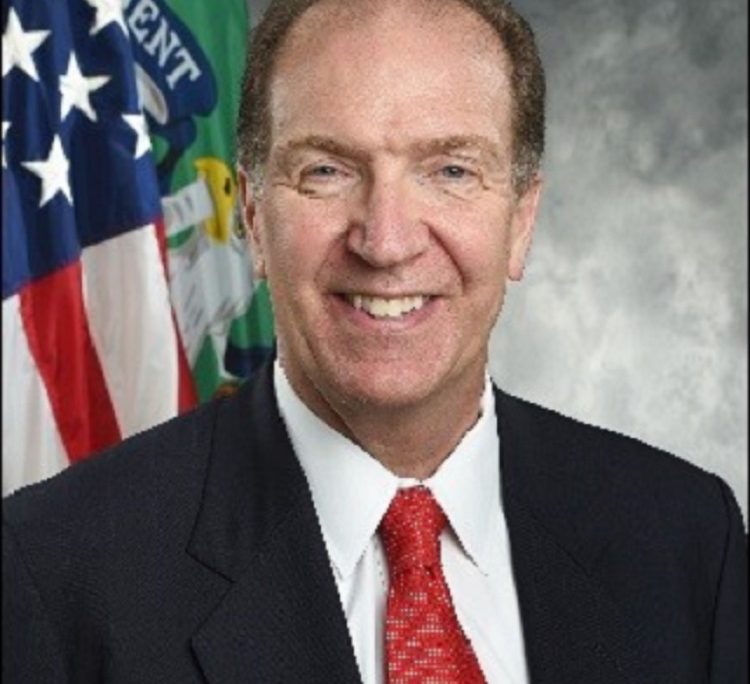Amid Recession, World Bank Optimistic Over Sub-Saharan Africa Economic Recovery
Economic growth in Sub-Saharan Africa is estimated to have contracted by 2.0% in 2020, closer to the lower bound of the forecast in April 2020, and prospects for recovery are strengthening amid actions to contain new waves of the pandemic and speed up vaccine rollouts, according to the World Bank’s biannual economic analysis for the region.
The latest Africa’s Pulse, The Future of Work in Africa: Emerging Trends in Digital Technology Adoption, notes that a slower spread of the virus and lower COVID-19-related mortality, strong agricultural growth and a faster-than expected recovery in commodity prices has helped many African economies weather the economic storm induced by the COVID-19 pandemic. The report notes that economic recovery hinges on countries deepening reforms that create jobs, encourage investment, and enhance competitiveness. The resurgence of the pandemic in late 2020 and limited additional fiscal support will pose an uphill battle for policy makers as they continue to work toward stronger growth and improved livelihoods for their people.

“African countries have made tremendous investments over the last year to keep their economies afloat and protect the lives and livelihoods of their people,” said Albert G. Zeufack, World Bank Chief Economist for Africa. “Ambitious reforms that support job creation, strengthen equitable growth, protect the vulnerable and contribute to environmental sustainability will be key to bolstering those efforts going forward toward a stronger recovery across the African continent.”
Read also:Africa’s Business Heroes Prize Competition Calls for 2021 Applications
Growth in the region is forecast to rise between 2.3 and 3.4% in 2021, depending on the policies adopted by countries and the international community. A second wave of COVID-19 infections is partly dragging down the 2021 growth projections, with daily infections about 40% higher than during the first wave. While some countries had a significant drop in COVID-19 infections due to containment measures adopted by the government, other countries are facing an upward trend in infections. Real GDP growth for 2022 is estimated at 3.1%. For most countries in the region, activity will remain well below the pre-COVID-19 projections at the end of 2021, increasing the risk of long-lasting damage from the pandemic on people’s living standards.
Sub-Saharan Africa’s recovery is expected to vary across countries. Non-resource-intensive countries, such as Côte d’Ivoire and Kenya, and mining-dependent economies, such as Botswana and Guinea, are expected to see robust growth in 2021, driven by a rebound in private consumption and investment as confidence strengthens and exports increase.
Read also:WemTech Spring 2021 Program for African Women in Technology and Engineering Calls for Applications
In the Eastern and Southern Africa subregion, the growth contraction for 2020 is estimated at -3.0%, mostly driven by South Africa and Angola, the subregion’s largest economies. Excluding Angola and South Africa, economic activity in the subregion is projected to expand by 2.6% in 2021, and 4.0% in 2022,
Growth in the Western and Central Africa subregion contracted by 1.1% in 2020, less than projected in October 2020 partly due to a less severe contraction in Nigeria, the subregion’s largest economy, in the second half of the year. Real gross domestic product in the Western and Central Africa subregion is projected to grow 2.1% in 2021 and 3.0% in 2022.
Read also:Mauritius Sets Up Committee To Clear Way For Fintech Startups
The Pulse also notes that African countries can speed up their recovery by ramping up their existing efforts to support the economy and people in the near term, especially women, youth and other vulnerable groups. Africa’s Pulse recommends those policies be complemented by reforms that fosters the country’s inclusive productivity growth and competitiveness. Reducing countries’ debt burdens will release resources for public investment, in areas such as education, health, and infrastructure. Investments in human capital will help lower the risk of long-lasting damage from the pandemic which may become apparent over the longer term, and can enhance competitiveness and productivity. The next twelve months will be a critical period for leveraging the African Continental Free Trade Area in order to deepen African countries’ integration into regional and global value chains. The report also notes that reforms that address digital infrastructure gaps and make the digital economy more inclusive–ensuring affordability but also building skills for all segments of society- are essential to improve connectivity, boost digital technology adoption, and generate more and better jobs for men and women.
Kelechi Deca

Kelechi Deca has over two decades of media experience, he has traveled to over 77 countries reporting on multilateral development institutions, international business, trade, travels, culture, and diplomacy. He is also a petrol head with in-depth knowledge of automobiles and the auto industry























